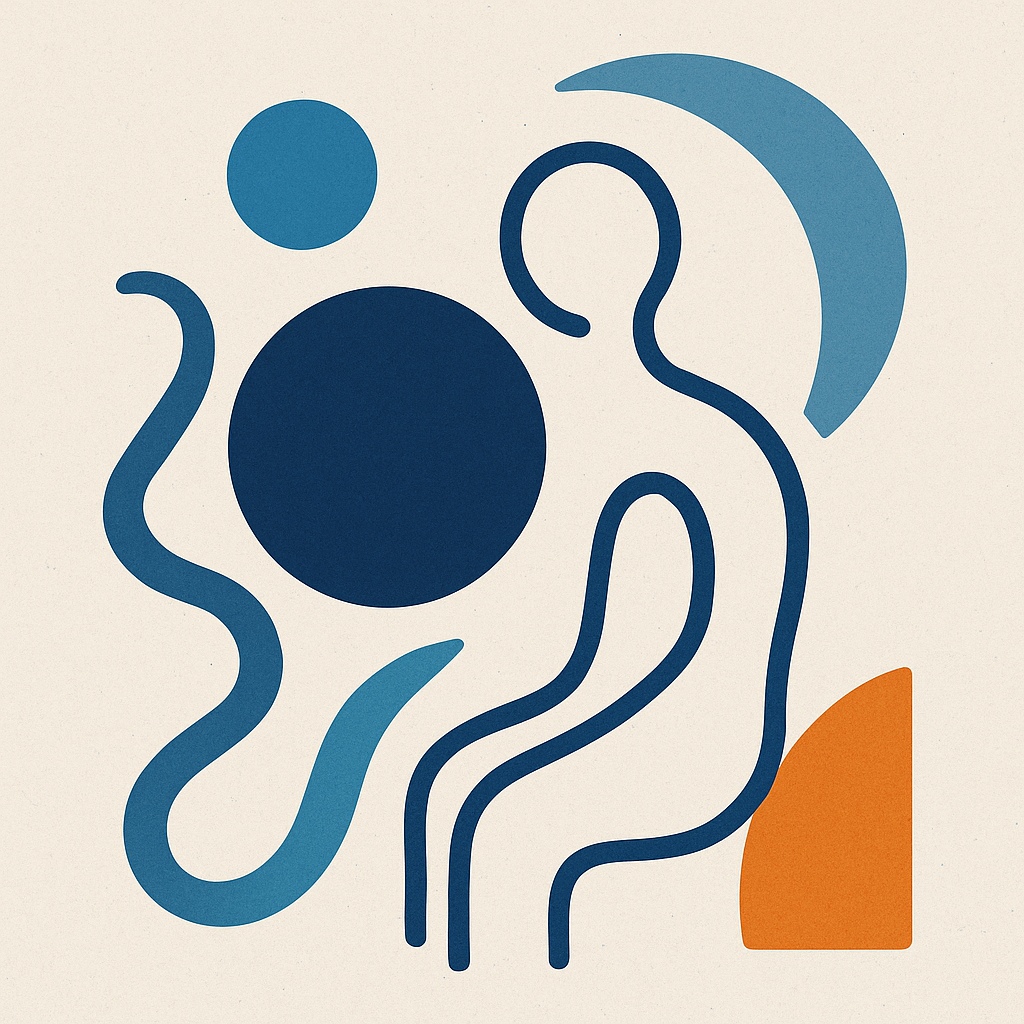Addiction is often framed as an individual pathology — a matter of brain chemistry, trauma, or personal weakness. Yet when I look closer, addiction reveals itself as a profoundly social phenomenon. It emerges in relationships, routines, and institutions; it reflects norms of pleasure, control, and productivity; and it evolves alongside economic, technological, and cultural change. Sociology invites me to move beyond clinical or moral lenses and to ask: What does society itself have to do with addiction?
This blog begins from that question. It explores addiction as both a mirror and product of modern life, tracing how it connects to identity, inequality, and meaning‑making in everyday contexts. I bring classical sociology into dialogue with contemporary theories, while engaging insights from social psychology, psychology/neuroscience, and public health.
A Grounded Theory Approach (Method)
Like my other research‑based blog‑book projects, this one is rooted in Grounded Theory. Rather than starting with fixed hypotheses, I work iteratively through reading, memoing, coding, and theoretical sampling. Each blog entry serves as a public memo that both communicates and advances the analysis. This entails openness to revision: insights that emerge from data, texts, and discourse will reshape concepts and guide the next steps.
Because I follow Grounded Theory, the outline below is provisional. It is not a static table of contents; it is a living framework that will grow with the project.
AI as Co‑Author (Workflow & Ethics)
Across my projects I collaborate with AI as a co‑authoring agent. Concretely, I use AI for structuring, outlining, drafting, synthesizing literature, proposing visuals, and generating alternative framings. I remain responsible for epistemic direction, conceptual decisions, critical assessment, citation, and final edits. This division of labor is transparent here and in my other projects; AI‑assisted text is reviewed, revised, and integrated by me, with all claims grounded in scholarly standards and explicitly marked when hypothetical [HYPOTHESE] vignettes are used.
Working Outline (Provisional)
1. Framing Addiction Sociologically
- From medicalization to social construction
- Addiction as deviance, identity, and social control
- Why sociology matters in public debates
2. Classical Foundations
- Durkheim: anomie, regulation, and the social bond
- Weber: meaning, rationalization, and lifestyles
- Mead & the Chicago School: labeling, interaction, and moral careers
3. Contemporary Perspectives
- Foucault: biopolitics and governmentality
- Bourdieu: habitus and social position
- Beck & Giddens: risk and reflexivity in late modernity
4. Interdisciplinary Crossroads
- Psychology & social psychology: motivation, learning, and social influence
- Medicine & public health: harm reduction, epidemiology, and policy
- Ethics & law: regulation, autonomy, and responsibility
5. Toward a Critical Sociology of Addiction
- Stigma, inequality, and social justice
- Digital and behavioral addictions as new frontiers
- Rethinking prevention, care, and recovery as social practices
Outlook
This first post introduces the sociological lens as a way of rethinking addiction beyond individual blame or biological determinism. The project will unfold step by step — connecting theory and lived experience, revisiting classical authors in light of current debates, grounding abstract ideas in empirical material, and using AI‑assisted drafting as part of a transparent methodological apparatus.
Each entry functions as a memo within an open research process, inviting dialogue, critique, and co‑creation. Over time, this cumulative archive will form the foundation for a larger book project on the Sociology of Addiction.
Literature (APA) & Links
Bourdieu, P. (1977). Outline of a theory of practice. Cambridge University Press.
Becker, H. S. (1963). Outsiders: Studies in the sociology of deviance. Free Press.
Durkheim, É. (1897/1984). Suicide: A study in sociology (J. A. Spaulding & G. Simpson, Trans.). Routledge.
Foucault, M. (1978/1990). The history of sexuality, Vol. 1: An introduction (R. Hurley, Trans.). Vintage.
Giddens, A. (1991). Modernity and self‑identity: Self and society in the late modern age. Stanford University Press.
Glaser, B. G., & Strauss, A. L. (1967). The discovery of grounded theory: Strategies for qualitative research. Aldine.
Weber, M. (1922/1978). Economy and society: An outline of interpretive sociology (G. Roth & C. Wittich, Eds.). University of California Press.
Related Projects (methodology & style alignment)
- Sociology of Soccer — https://www.sociology-of-soccer.com
- Sociology of AI — https://www.sociology-of-ai.com
- KI‑Karriere‑Kompass — https://www.ki-karriere-kompass.de


Schreibe einen Kommentar